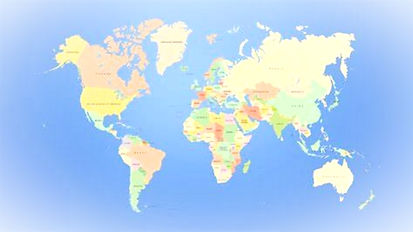In a multicultural mosaic like Canada, there are multiple systems where one may be in the majority, holding privilege. Their voices are clearly heard in the common arena. In the same vein, one may be subject to multiple marginalizations, and sometimes subjected to discriminations on the basis of them. Each combination of these variables shifts our voices, how we speak, and who can hear us. They form a complex fabric, and can contain tensions between identities, or communities.
It is easy to listen to the things we want to hear.
When it comes to things I don't want to hear, I notice that I listen more closely when I care about the person speaking or when I care about the topic that they are speaking about. My ability to listen and relate to the meaning of what they are saying increases with the closeness of our relationship. If I know them to be a caring person, I will tend to interpret their actions as if they have this intention. I frame my listening on the basis of how I triangulate the story, knowledge of the person, the context and the story itself. The more I can understand their perspective, the more I can hear what they are trying to say. First though, I need to understand the frame.
Reality is a messy and intersectional experience can hold tensions around identity and ideology. Creating a simplified truth makes it easier to understand, but oversimplification can reduce truth to a point of polarization. Things are rarely entirely good or bad, black or white. These abridged truths don't allow the room for the nuance of intersectional experience. Polarized partisanship can be reductive in this sense, reducing the power of partnerships in search of ideological purity. “Progressive social movements suffer from their singular, essentialist focus. When progressive theorists do not acknowledge the relationships between various forms of subordination, they place progressive movements in tension with one another. Essentialism also forces individuals who suffer from multiple forms of subordination to silence portions of their identity in order to embrace a limited and narrow vision of equality” (Hutchinson, 2001, p. 297). Alternatively, we can listen to stories that are complex, and carry one's stories more broadly. Perhaps broadly enough to create united voices in authentic allyship.
It is not possible to hear all the voices, in all combinations, however striving to listen deeply can only increase our understanding of the context and our understanding of the other. Whether the problem is conflict resolution or environmental threat, our listening must be intentionally deep in order to hear what people really need.

Comments